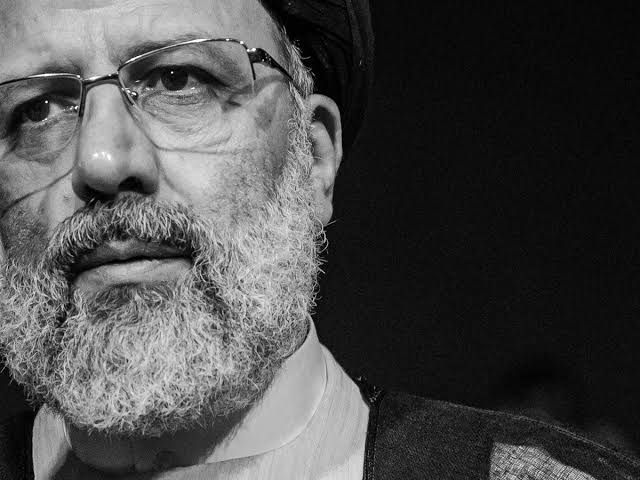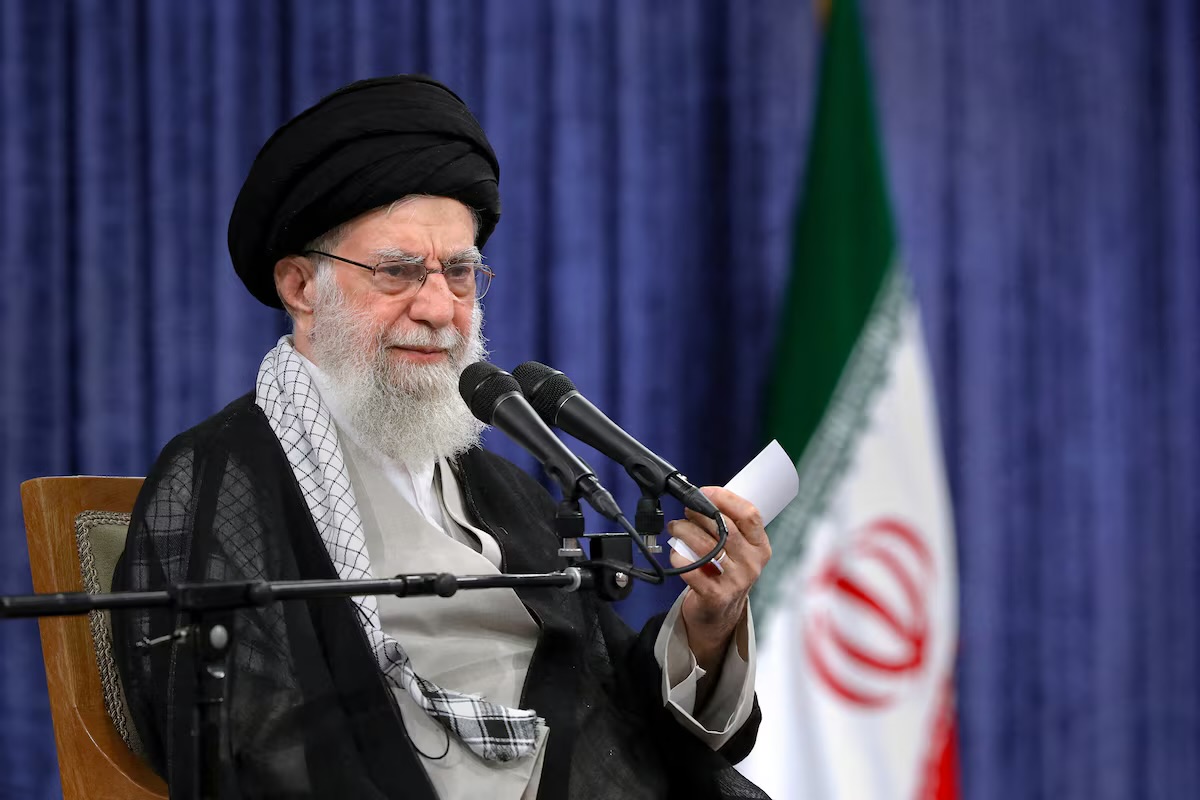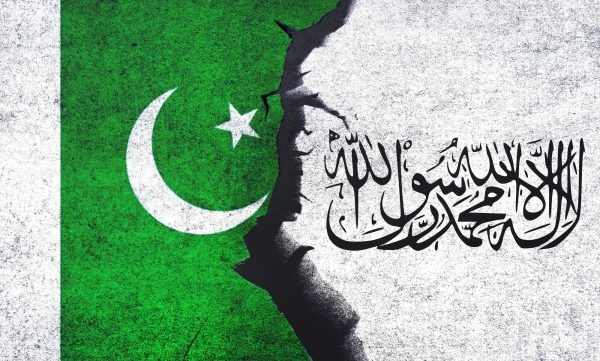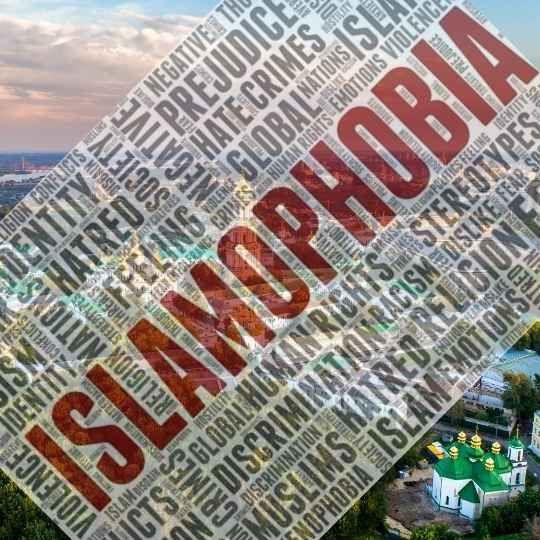By Abdul Rafay Afzal (Editor in Chief)
The recent passing of Ebrahim Raisi, Iran’s controversial president, has left a significant void in Iranian politics. His presidency was marked by a contentious legacy, straddling the line between reform and conservatism. With the upcoming general elections, Iran stands at a crossroads, pondering its future under new leadership. This period of transition not only affects Iran but also reverberates through the Middle East, particularly in terms of its relations with Pakistan and the perennial conflict in Gaza.
Ebrahim Raisi’s tenure as Iran’s president was characterised by a tough stance on both domestic and international fronts. Domestically, his administration focused on strengthening the Islamic Republic’s ideological foundations while attempting to address economic hardships through a mix of conservative fiscal policies and incremental reforms. However, critics argue that Raisi’s policies often exacerbated societal tensions and did little to alleviate the economic pressures faced by ordinary Iranians.
On the international stage, Raisi’s presidency saw a continuation of Iran’s assertive foreign policy. His administration’s approach to regional conflicts and nuclear negotiations reflected a blend of defiance and pragmatism. While Raisi’s government made some overtures towards diplomatic engagement, it simultaneously maintained a hardline stance against perceived adversaries, particularly the United States and Israel.
The relationship between Pakistan and Iran has always been a complex tapestry woven with historical, cultural, and geopolitical threads. Recent events have further complicated this intricate relationship. The visit of the Iranian President to Pakistan was a significant moment, marking an attempt to mend fences after a series of unfortunate incidents earlier this year, including missile attacks that strained bilateral ties.
The backdrop of these developments includes the ongoing conflict in Gaza and the broader Middle Eastern political dynamics. Pakistan’s stance on the Palestinian issue is well-known and resonates deeply with its populace. Similarly, Iran has historically positioned itself as a staunch supporter of the Palestinian cause. However, the nuances of their support often diverge, influenced by their distinct political and religious contexts.
The New Contenders and the Future of Iranian Politics
With the general elections on the horizon, a new cohort of political contenders is vying for leadership in Iran. Prominent among them are:
- Mohammad Bagher Ghalibaf – The current Speaker of the Parliament, known for his conservative views and military background. Ghalibaf’s potential presidency could signify a continuation of Raisi’s hardline policies, albeit with a stronger emphasis on economic reforms.
- Ali Larijani – A seasoned politician with a more moderate stance, Larijani has previously served as the Speaker of the Parliament and has experience in negotiating international agreements. His leadership could usher in a more pragmatic and diplomatic approach, both domestically and internationally.
- Eshaq Jahangiri – A reformist and former Vice President, Jahangiri’s candidacy represents a shift towards liberalisation and greater engagement with the international community. His presidency could potentially thaw relations with the West and focus on economic revitalisation.
- Saeed Jalili – Known for his ultra-conservative views and staunch opposition to the West, Jalili’s candidacy could lead to a more confrontational foreign policy, with significant implications for regional stability and more candidates could appear as well.
The outcome of the Iranian elections will inevitably impact the geopolitical landscape of the Middle East. The conflict in Gaza remains a poignant issue, with both Iran and Pakistan playing critical roles in shaping the narrative and providing support to the Palestinian cause.
A more conservative Iranian government, such as one led by Ghalibaf or Jalili, is likely to adopt a more aggressive stance towards Israel and intensify its support for Palestinian factions. This could lead to increased tensions and potential escalations in the region. Conversely, a moderate or reformist government under Larijani or Jahangiri might pursue a more balanced approach, seeking diplomatic solutions while continuing to advocate for Palestinian rights.
The upcoming Iranian elections are a pivotal moment in the country’s history, with far-reaching implications for its domestic and international policies. The legacy of Ebrahim Raisi will continue to influence Iranian politics, but the new leadership will chart its own course.
For Pakistan, maintaining a stable and cooperative relationship with Iran is crucial, particularly in light of their shared interests and regional challenges. The evolving dynamics in the Middle East, especially the conflict in Gaza, will require careful navigation and strategic diplomacy from all involved parties.
As the world watches the electoral process unfold, the hope is for a future that balances ideological commitments with pragmatic solutions, fostering peace and stability in a region long marred by conflict and uncertainty. Whether this hope materialises depends largely on the choices made by the Iranian electorate and the leadership that emerges from this critical juncture.






